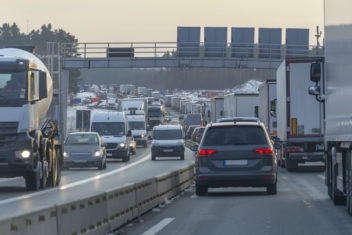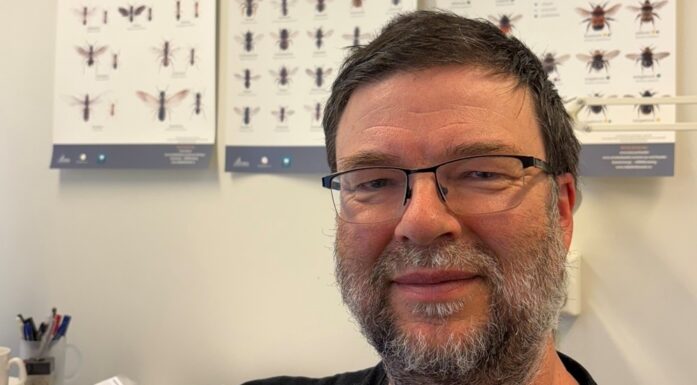New website allows data sharing for upcoming Climate Panel report
NTNU researchers are playing a leading role in a new IPCC report. One way they’re helping is collecting data on a website created and operated by the university.
How will the world cope with an increasingly warmer planet? Answering that question is the focus of the Intergovernmental Panel on Climate Change’s (IPCC) Working Group III, which is assessing climate change mitigation strategies as part of the next assessment report, due to be approved in September 2021.
NTNU’s Anders Hammer Strømman is one of eight lead authors for Chapter 10, Transport, in the Working Group III report. As part of that effort, Strømman and NTNU have established a database to collect information on climate footprints and the costs of mitigation options for the transport sector.
While the IPCC’s Working Groups regularly rely on large databases to write their reports, this is the first time a database focused on life cycle assessments and climate footprints has been created for transport.
- You might also like: Abandoned cropland helps make Europe cooler
Comprehensive information
A life cycle assessment looks at the entire life of a product and its components, from the production of raw materials needed to make the product, to when the product is no longer in use and has been disposed of or recycled.
Life cycle assessments are especially useful because they illuminate the entire environmental “cost” of a product, not just the obvious costs of purchasing and operating that product.
In the context of transport, for example, that may mean a vehicle with what looks like the lowest climate impact may actually have a much higher impact when the effects of producing and disposing of the vehicle are accounted for.

Transport emits huge amounts of greenhouse gases — yet we need to be able to move ourselves and goods. An upcoming IPCC report looks at ways to mitigate climate impacts from transport, among other activities. Photo: Colourbox
“These reports are always a huge cooperative effort, not just among the actual authors but among the larger research community,” Strømman said. “Now, for the first time, we have the chance to create a global database that allows us to undertake a more comprehensive assessment of different modes of transport than in previous rounds. We need these data to be able to present the best possible information to the world community about transport and how best to mitigate its impacts with respect to climate change.”
The group wants information on the life cycle greenhouse gas emissions and life cycle costs of transportation technologies for the movement of passengers and goods on land and at sea, from motorized two- or three- wheeled vehicles, all the way up to light and freight rail and maritime vessels.
Life cycle assessments, by nature, can be quite specific and detailed, so Strømman and his co-authors also need to know what kinds of assumptions have been made to create the various assessments, including how old the vehicle or vessel is, how long it is expected to be in use, how far it typically travels and how efficiently it uses fuels, among many other characteristics.
- You might also like: Your plane travel destroys polar bear habitat
Important contribution that NTNU can provide
NTNU Rector Anne Borg says she is proud that the university is supporting the IPCC’s efforts in this way.
“As a university, NTNU is eager to develop and share knowledge and expertise about the environment, people, society and technology, all in line with UN’s 17 Sustainable Development Goals. Therefore, we are a very proud partner with the IPCC on this agreement to establish an open database to collect information on climate footprints and the costs of mitigation options for the transport sector.”
Borg said the project is in keeping with NTNU’s mission, “Knowledge for a better world,” and that she hopes it will provide a foundation for society to make wise choices.
“The world is in a hurry to tackle climate change, mitigation and adaption. We are proud to contribute with our best scientific efforts,” she said.
Role of innovation and technology
The IPCC Working Group III is responsible for assessing the mitigation of climate change, by reducing emissions and enhancing sinks of the greenhouse gases that are responsible for global warming.
The IPCC says the Sixth Assessment Report (AR6) will examine topics such as the link between consumption and behaviour and greenhouse gas emissions, and the role of innovation and technology.
The report will assess the connection between short to medium-term actions and their compatibility with the long-term temperature goal in the Paris Agreement. It will assess mitigation options in the energy, agriculture, forestry and land use sectors and for buildings, transport and industry, all in the context of sustainable development.
Strømman said the database will close for submissions to the second order draft in mid-June. He said, however, that submitted datasets can be revised into the late fall.





